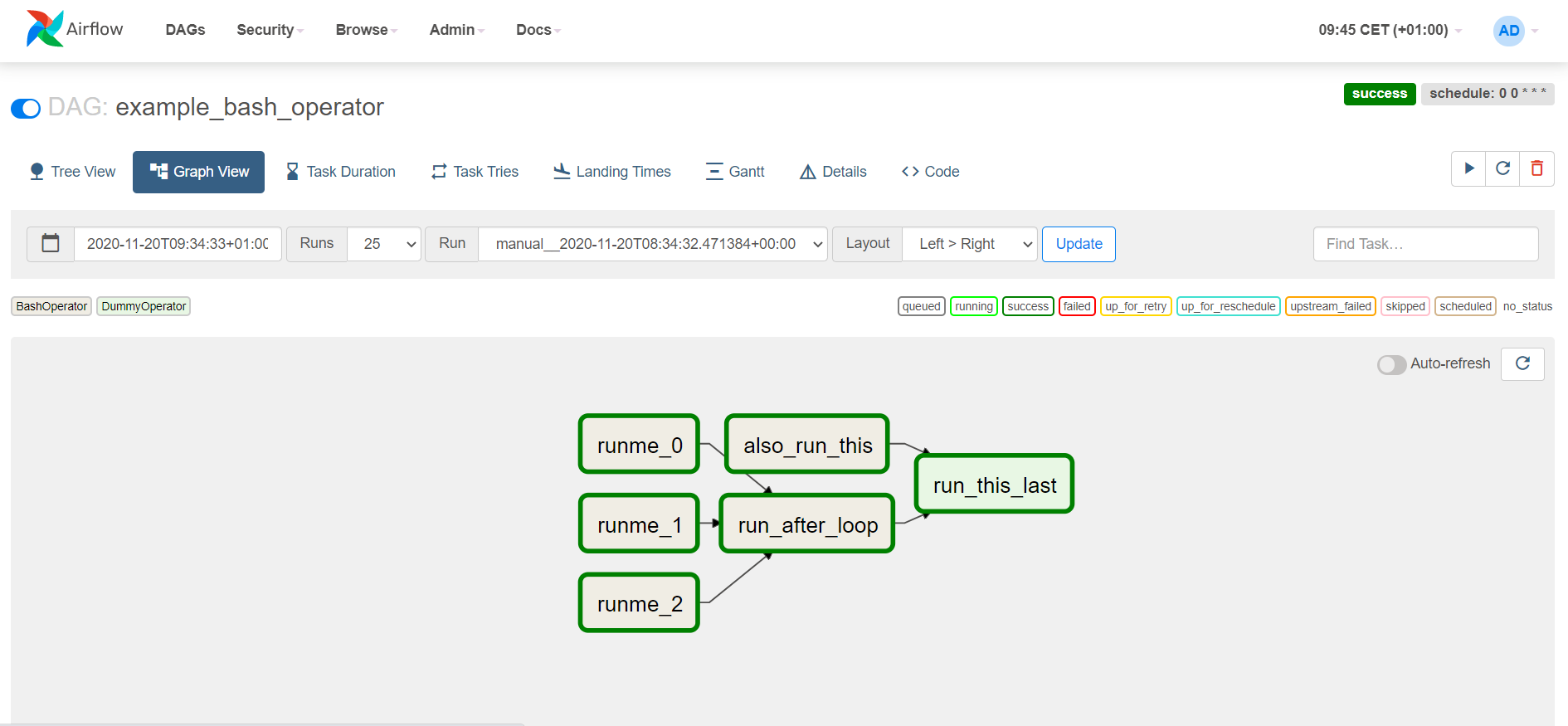

A lot of time is invested in writing, monitoring jobs, and troubleshooting issues.The complexity of the data sources and demands increase every day.Analytics and batch processing is mission-critical as they power all data-intensive applications.The upstream steps and quality of data determine in great measure the performance and quality of the subsequent steps. They consist mainly of three distinct parts: data engineering processes, data preparation, and analytics. Roughly this is how all pipelines look like: If any of these subtasks fail, stop the chain and alert the whoever is responsible for maintaining the script so it can be investigated further. You can break this task into subtasks, automating each step. Perhaps your task involves a report which downloads two datasets, runs cleanup and analysis, and then sends the results to different groups depending on the outcome. If your project is too large or loosely defined, try breaking it up into smaller tasks and automate a few of those tasks. What (if anything) should happen after the task concludes?.What does the task provide or produce? In what way? To whom?.What is success or failure within this task? (How can we clearly identify the outcomes?).

Whenever you consider automating a task ask the following questions: The ability to automate means you can spend time working on other more thought-intensive projects.Īutomation adds monitoring and logging tasks: ✅ Easy to automate
#Apache airflow python tutorial manual


 0 kommentar(er)
0 kommentar(er)
